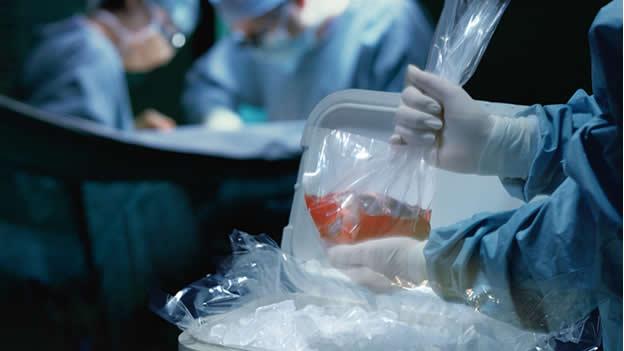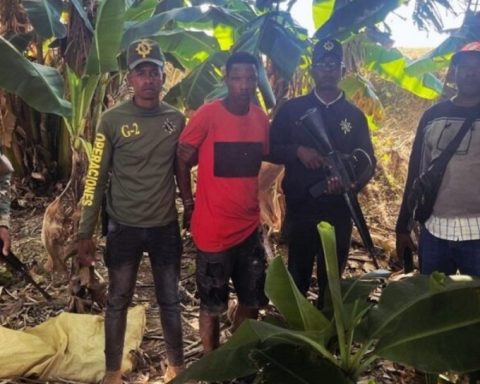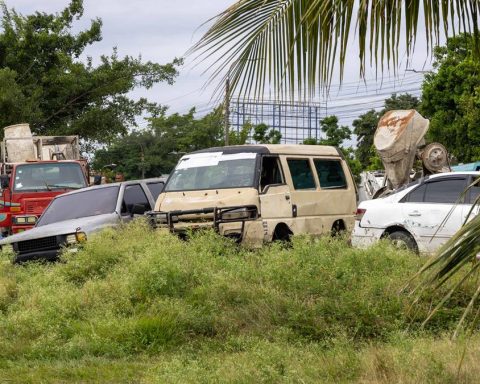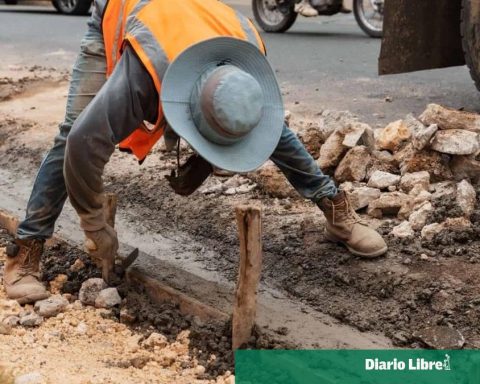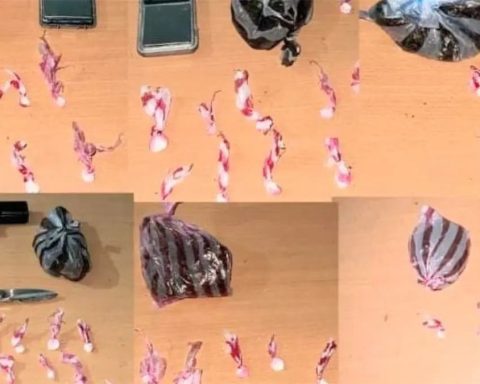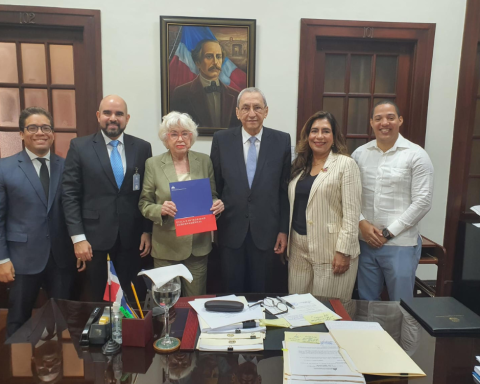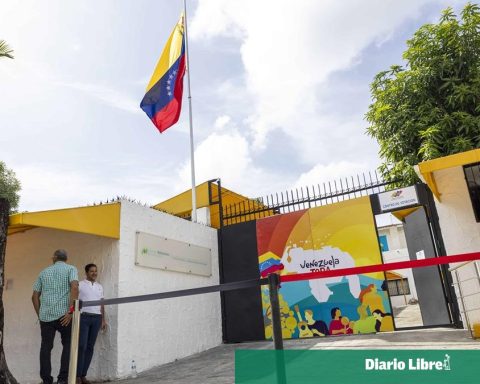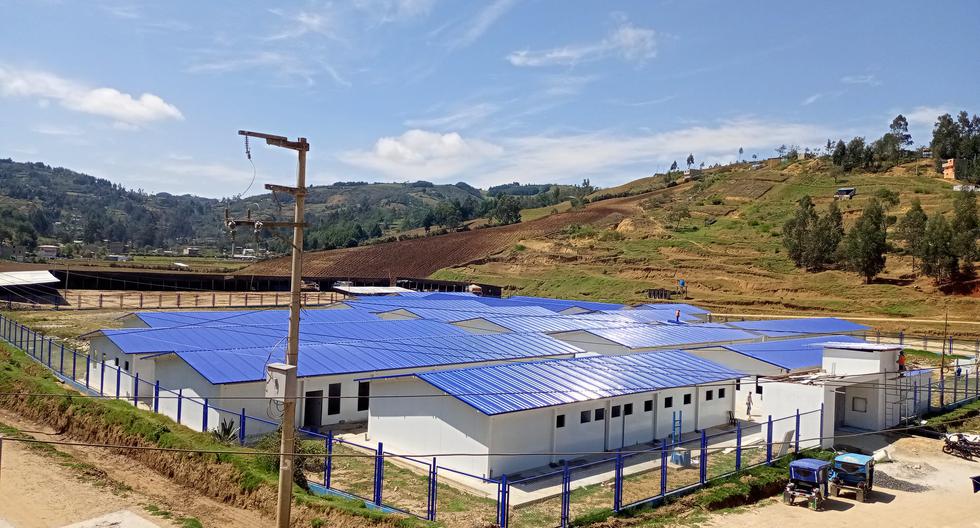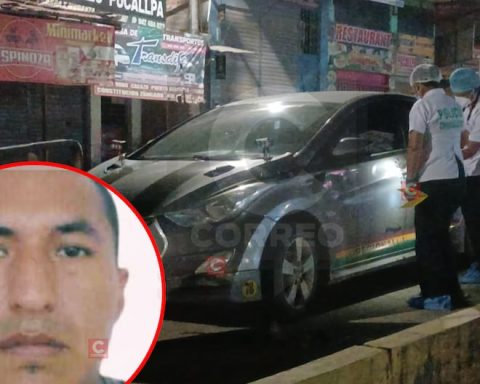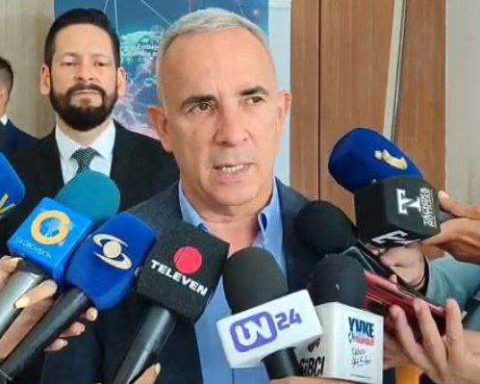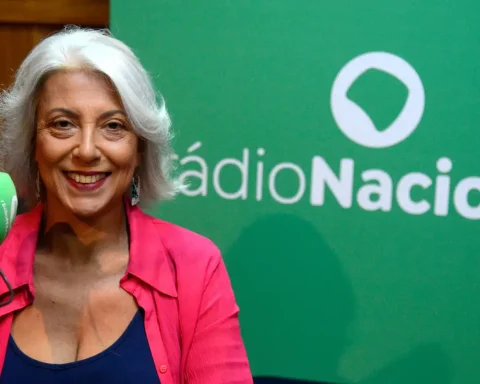Some 70 NGOs from Venezuela demanded from the State, in a statement released this Saturday by the organization Prepara Familia, the reactivation of the organ transplant program from a corpse to a living patient, which has been suspended for five years.
“We continue to demand the reactivation of the Organ and Tissue Procurement System (SPOT) from dead to live in Venezuela, guaranteeing the supply of immunosuppressants, access to transplant units that meet the requirements and the necessary protocols, in accordance with the obligations of the State in the guarantee of the human rights to life and health”, requested the NGOs.
In the letter, disseminated on Twitter, the organizations clarify that this Thursday marks the fifth year and six months of the suspension of the live corpse SPOT, a situation that continues at this time and that affects “90% of the people who are waiting for a transplant in Venezuela, who could only receive an organ from a cadaveric donor.
The clarification, they explain, responds to the announcement made on November 30 by the Venezuelan Foundation for Donations and Transplants of Organs, Tissues, and Cells (Fundavene), attached to the Ministry of Health, that the performance of kidney transplants with living donor in the main children’s hospital in Caracas.
In this regard, the NGOs assure that live-to-live transplants, unlike those from a dead body, “have never been suspended in the country and have continued to be performed on a few occasions, both in public hospitals and in private clinics.”
However, they point out that the number of live-to-live procedures has decreased due to the lack of immunosuppressive drugs that are essential to prevent rejection of the transplanted organ.
In addition, they recalled that only in the Nephrology Service of the JM de los Ríos Hospital, 74 children have died between 2017 and 2022, and that for many of those who are waiting for a response, “the live cadaver transplant program, currently suspended, is your main option.
In this sense, they urge the State to guarantee optimal conditions in the health centers where these operations with living donors are carried out, to supply the necessary medicines after these procedures and to achieve the “complete reactivation” of the transplant program in all its modalities. . EFE
